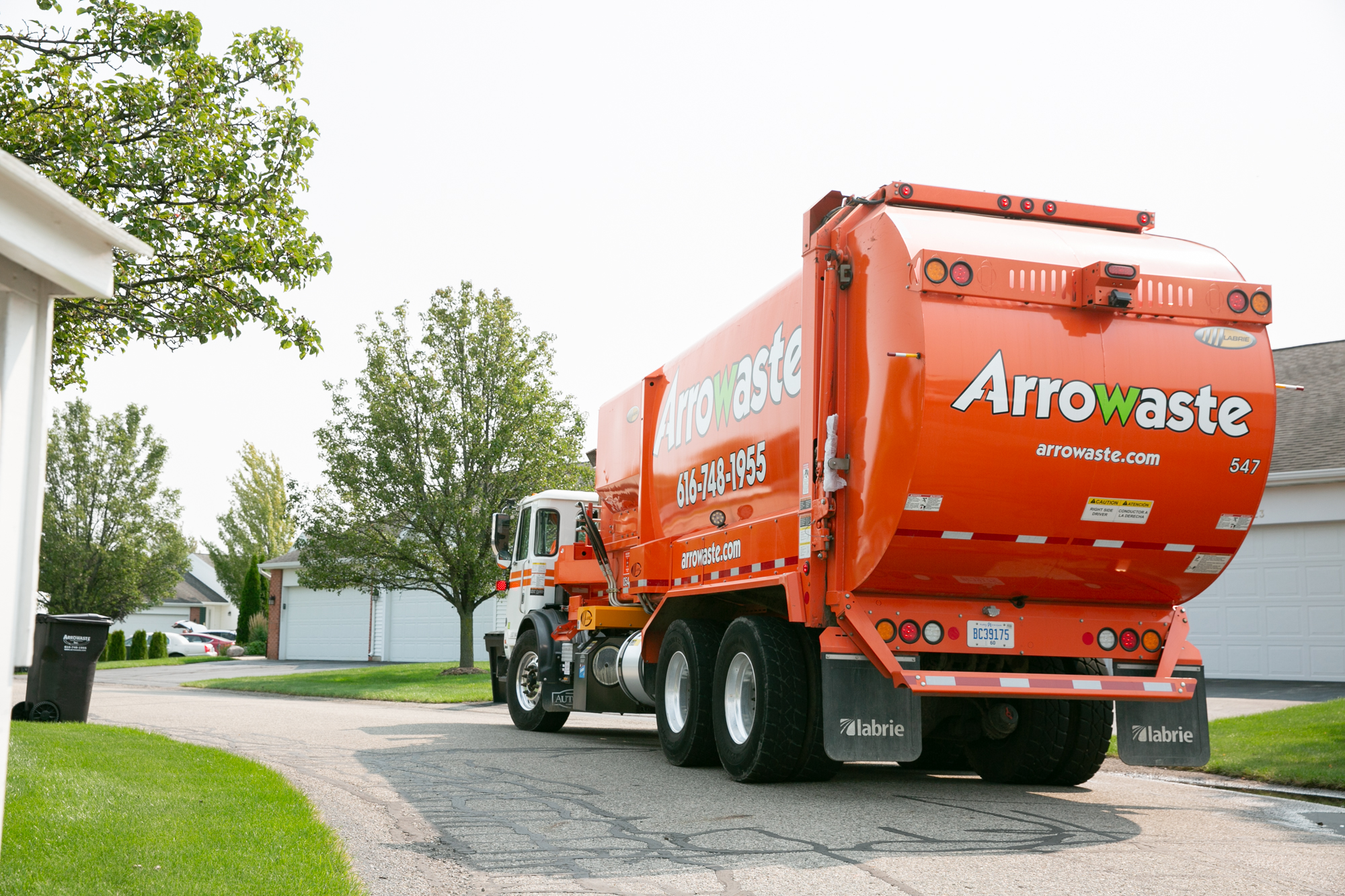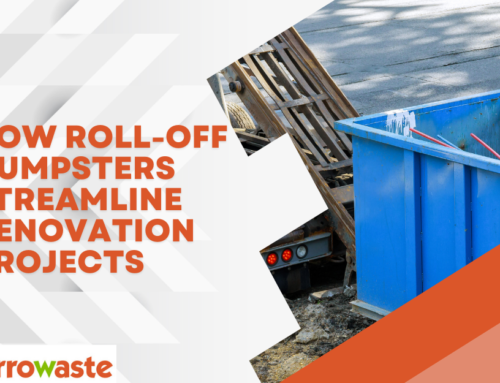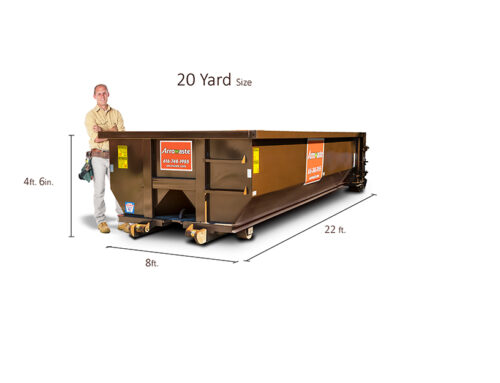The average person generates over four pounds of trash daily, picked up by their local waste removal service. Unlike your typical garbage toss-outs, hazardous waste can cause harm to people and the environment if not disposed of correctly. Knowing the basics of handling your household hazardous trash may help you avoid fines as well as keep your family and the environment safe.
What Is Household Hazardous Waste?
The Environment Protection Agency (EPA) classifies hazardous garbage as unwanted house products that can catch fire, react, explode, or cause corrosion. The Agency estimates that the average American household disposes of one pound of hazardous material annually. It means over 3.9 million pounds of waste requires the correct disposal mechanisms in Michigan. Here is a comprehensive breakdown of specific characteristics that define a substance as “hazardous.”
Corrosive Wastes: These are products that cause a chemical reaction that eats away metal components around your home. These may include battery acid and your kitchen drain cleaners.
Toxic Wastes: Exposure to these materials causes extensive health damage and illnesses as a result of poisoning. You can think of paints, pesticides, and cleaning supplies.
Ignitable Wastes: These substances can ignite and burn quickly. Some of the products that can easily catch fire include gasoline, kerosene, propane tanks, and nail polish removers.
Reactive Waste: These are unstable products that are prone to explosions when stored above normal temperatures and pressures. Good examples include aerosol cans.
Proper Disposal Techniques for Household Hazardous Garbage
The risk posed by incorrect disposal methods cannot be neglected. It is everyone’s responsibility to manage the waste the right way. Here are some ways to do it;
1. Follow Label Instructions
Manufacturers provide recommendations for use and disposal to reduce the risk of explosion, ignition, or leaking of hazardous materials. Read carefully and follow the instructions provided on the label. Additionally, you should practice responsible purchases and use of the products. Do not purchase excessive quantities and ensure there are no leftovers whenever possible.
2. Recycle
Recycling processes allow potential waste to become usable, thus reducing the demand for hazardous materials and the amount of garbage produced. Most states carry out collection programs that get rid of these dangerous substances. Your oil transmission fluid can be disposed of through your local gas station.
3. Donate
You can share your leftover paint, cleaning products, and other products with your local community. Neighbors, charities, and housing authorities may happily accept small quantities of these products, thus preventing wastage. Ensure that the products are in the original container and are well labeled.
4. Special Collection Services
Some landfills accept some types of household hazardous garbage, and your solid waste management contractors may help dispose of the substances. Call your garbage pickup service and for additional information on how your waste can be recycled and managed.
5. Community Pickups
Most states and local councils run community hazardous waste collection programs that collect the materials annually or semi-annually. The sponsors provide the residents with the date of collection, the drop-off points, and materials they will accept for disposal. The programs ensure the garbage is recycled, treated, and managed by professional handling contractors.
In Conclusion
It may be impossible to get rid of all hazardous materials effectively. The tips above may help you through the proper treatment and disposal of dangerous garbage. If unsure of the process, you can call your local landfill or residential waste pickup contractor for extra information on the proper handling of the materials.



